Every now and then, Jenny Silverman gets a check in the mail made out to the Dorchester Food Co-op, where she volunteers as board treasurer. The community- and worker-owned grocery store, a grassroots effort to increase access to nutritious and culturally relevant food, has been a decade in the making. Last week, the co-op held a pandemic-delayed groundbreaking ceremony. It’s on track to finally open its doors early next year, on the ground floor of a brand new mixed-use building with 41 low-income apartments, at the corner of Bowdoin and Topliff Streets in Boston’s Dorchester neighborhood.
Silverman’s received 80 of these checks just over the past year or so. They come from individuals making an investment in the co-op. Since 2015 – long before city, state and federal tax credits came into the project – around 140 individuals have invested a total of more than $400,000 in the co-op so far. That’s an average investment of around $3,000.
Almost all the investors have also paid the $100 fee to become lifetime members of the food co-op, but they’ve each drawn on personal savings to invest even more in exchange for the promise of a very modest return. As a co-op, however, the one member-one vote principle still applies — you don’t get to have more say in the business just because you were able to invest more.
“It’s not free money, the intention is for people to get a small return on their investment and get it back,” says Silverman. “People ask us all the time, ‘What would you rather get, donation or investment?’ I don’t have a clear answer to that. People give a donation and it’s gone, they’re not thinking about it necessarily afterward. An investment is a longer term relationship.”
Dorchester isn’t the most obvious place to find or attract individual investors for a startup grocery. Almost half the neighborhood’s 126,000 residents are Black, in a city where the estimated Black median household wealth is just $8 compared to white median household wealth of $250,000. That’s according to the widely-cited 2015 Color of Wealth in Boston report from the Federal Reserve Bank of Boston, a report the bank is now updating. It took two market studies, commissioned by the co-op and the nonprofit developer behind the building, to prove a grocery store had a good chance of surviving at this location.
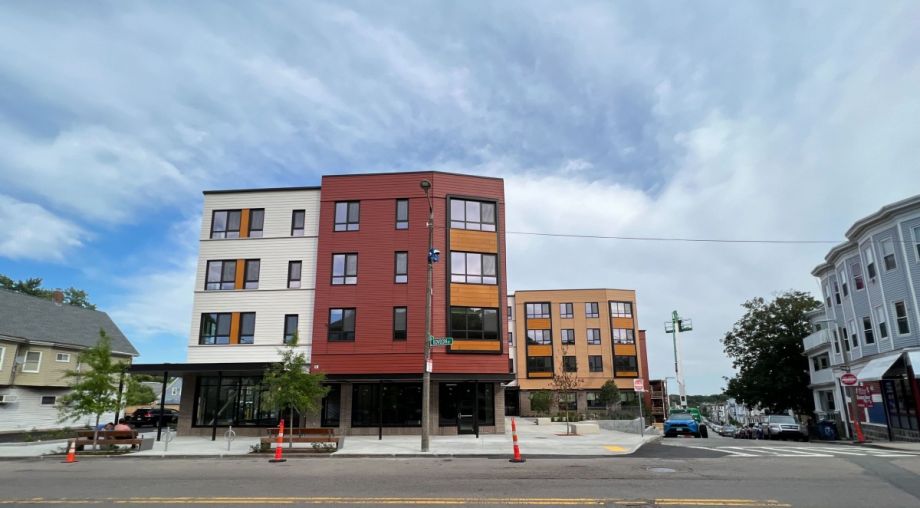
The Dorchester Food Co-Op is set to open at this brand new mixed-use building with 41 low-income apartments, at the corner of Bowdoin and Topliff Streets. (Photo by Oscar Perry Abello)
But maybe the odds of finding startup investors for a project like this one aren’t so long after all. Each investor check usually comes with a little note of encouragement and gratitude. Silverman, who is white, reads a few of the notes she’s gotten over the years out loud: Enclosed is a check for my investment of $5,000 in the food co-op, I can’t wait to shop there…We’re so excited about this coming closer to a reality, so thank you…Thanks for all your work at this exciting time.
“People are very gracious about letting us know that they feel happy to be included,” Silverman says. “It’s really important for a co-op for people to feel involved in the creation, that it’s really the community coming together to do this and we wouldn’t be where we are without those investments.”
That’s not just a symbolic statement from Silverman. There were 65 investors in Dorchester Food Co-op’s first investment round back in 2015, which raised $184,500 — years before the co-op even secured its current location or any of the millions of public and private dollars that went into it. The co-op and its smaller, early investor dollars have been part of the narrative and the financial calculations that convinced every larger funder that eventually came into the project — philanthropy, the city government, state government, private lenders and tax credit investors.
The eventual total development cost of the new building was $13 million, including $8.4 million in low-income housing tax credits. The co-op itself has raised another $3 million so far to cover its build out and first two years of operations.
“Long story short, 10-15 years ago it would have been a challenge to convince the affordable housing funders that this much retail space is a good bet under an affordable housing project, that it’s not going to drag a project down,” says Eric Fellinger, director of real estate at VietAID, the building’s local nonprofit developer. “But this location was envisioned first as a purely commercial location. It was a process of convincing the other funders and everybody else that this mixed-use model was going to work.”
Getting small-dollar investments
Raising startup capital directly from individual investors can get tricky. The Securities Act of 1933 requires that every offer and sale of securities — which include direct loans from investors or ownership shares sold to them — be registered with the Securities and Exchange Commission. But registering with the SEC is a costly process, requiring audited financial documents, an extensive prospectus with analyses of risks, and plenty of legal and accounting fees. Startups or smaller businesses can’t always afford those costs. So the Securities Act included a number of exemptions from SEC registration.
SEC registration exemptions go by names like “Regulation A” or “Regulation D,” each with multiple subsets of situations that have varying sets of rules and regulations. A lot depends on how much capital companies want to raise and how broadly they want to cast their net for investors. Generally, the more capital you want to raise, or the broader you want to cast your net, the more documentation you have to file with the SEC and make public.
“Reg A” offerings can currently raise up to $75 million over a 12-month period, while “Reg D” offerings can only raise up to $10 million over a 12-month period. The newest option, called “Regulation Crowdfunding” or “Reg CF,” can currently raise up to $5 million over a 12-month period.
For many decades, only individuals with a certain level of income or wealth could invest through these exemptions. The SEC calls them “accredited investors,” primarily defined as having an individual or household net worth of at least $1 million, or an annual income of at least $200,000 as an individual or $300,000 combined with a spouse for at least two years prior to the investment. The theory behind the SEC’s accredited investor restriction is that only wealthy households could afford to either pay for the due diligence to ensure the exempt investment offering wasn’t a scam, or they could afford to lose their money to scammers or risky investments gone wrong.
Not everyone agrees with the SEC’s accredited investor restrictions. For decades, restricting these investment opportunities to accredited investors meant these mechanisms have been accessible almost exclusively to startups with relationships to wealthier, mostly white investors or their almost entirely white financial advisors. Programs to incentivize startups or other businesses to locate in and hire from economically disadvantaged neighborhoods have had mixed results.
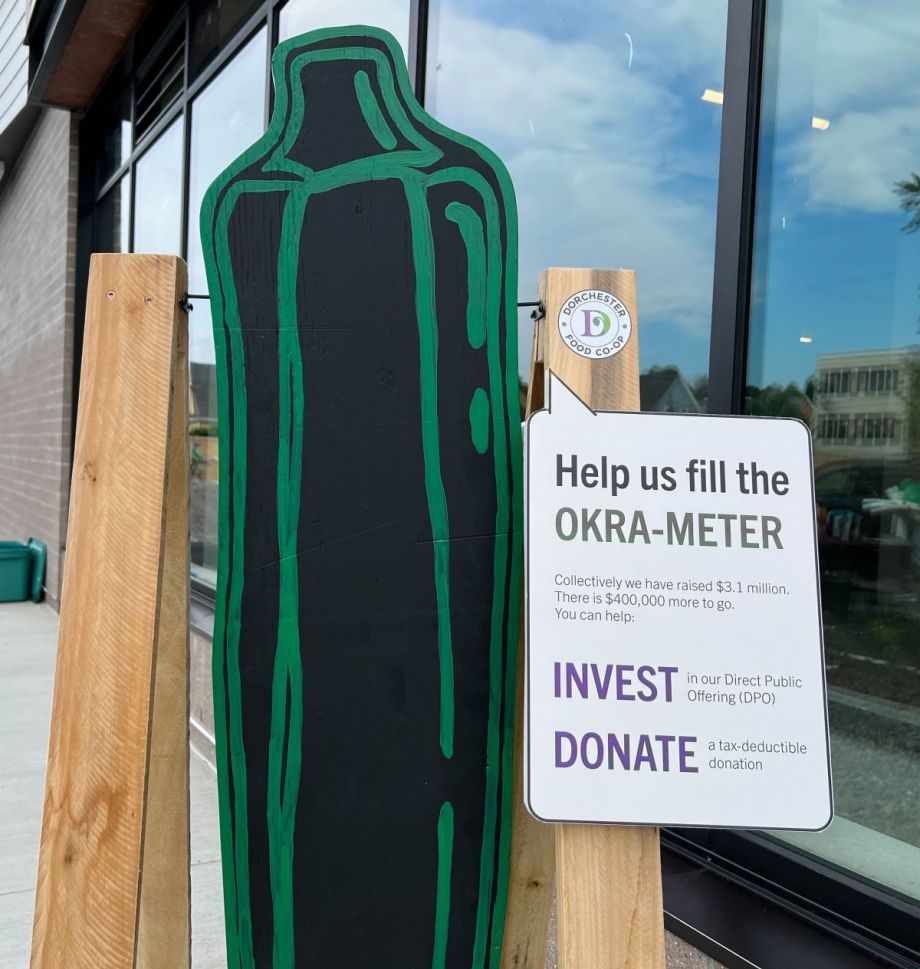
At the July 19 groundbreaking ceremony of the Dorchester Food Co-Op in Boston. (Photo by Oscar Perry Abello)
But things are changing. The Jumpstart Our Business Startups Act of 2010 created the “Reg CF” exemption. That was the first SEC exemption created primarily for “non-accredited” investors. In the years since, the SEC has also clarified or eased restrictions for non-accredited investors in “Reg A” or “Reg D” offerings. As Next City reported previously, proponents have celebrated these changes for their potential to address long-standing racial disparities in access to capital for startups or small businesses in general.
Early results of these changes show some promise. In a 2019 study of 2,000 online investment opportunities, Investibule (a site that tracks individual investor opportunities on online investment platforms) found that businesses owned by women or people of color are having relatively more success than other avenues using the newly expanded SEC exemptions to raise capital, though they are raising much smaller amounts than their white or men-owned peers.
Worker- and community-owned co-ops are also starting to dive into the SEC exemptions pool. The Drivers Cooperative, a driver-owned rideshare app, just raised $1.6 million from 1,154 investors using the Reg CF exemption. The East Bay Permanent Real Estate Cooperative is using the Reg A exemption to raise $50 million for its portfolio of community-controlled real estate projects in Oakland. Also right in Boston, worker-owned commercial composting cooperative CERO used the Reg D exemption to raise its first round of startup capital back in 2014.
It’s no coincidence that many of these examples are emerging in Boston or the Bay Area, where it’s relatively easier to find lawyers, accountants, financial advisors and other key behind-the-scenes actors familiar with these mechanisms from the tech or biotech startup worlds.
Dollars into Dot
Inspired by CERO, the Dorchester Food Co-op has been using the Reg D exemption to sell preferred stock, or non-voting ownership shares, to accredited and non-accredited investors who reside exclusively in Massachusetts.
Investors in Dorchester Food Co-op’s Reg D offering are expected to review the co-op’s offering memorandum before investing, and must self-certify that they are not investing more than 10% of their household’s liquid net worth (excluding assets like housing or cars) into the co-op — so nobody is putting their home or livelihood at risk in making these investments. The minimum investment is $2,000. Investors agree to hold onto their investments for at least five years, after which they are restricted to selling their shares back to the co-op if desired, for the same amount they invested.
The co-op has promised a maximum annual dividend of just 1% to most of its individual investors, and only when the board votes to issue a dividend in any given year. The co-op doesn’t project breaking even for at least three years after opening, and makes no guarantee to investors that it will. Nor does it guarantee any dividend payments at all.
“I don’t think people are doing it for the dividend,” Silverman says. “The way we talk about it is, people make investments in the stock market to get a financial return, in this case the return is having a co-op in their community they’ll be able to shop at.”
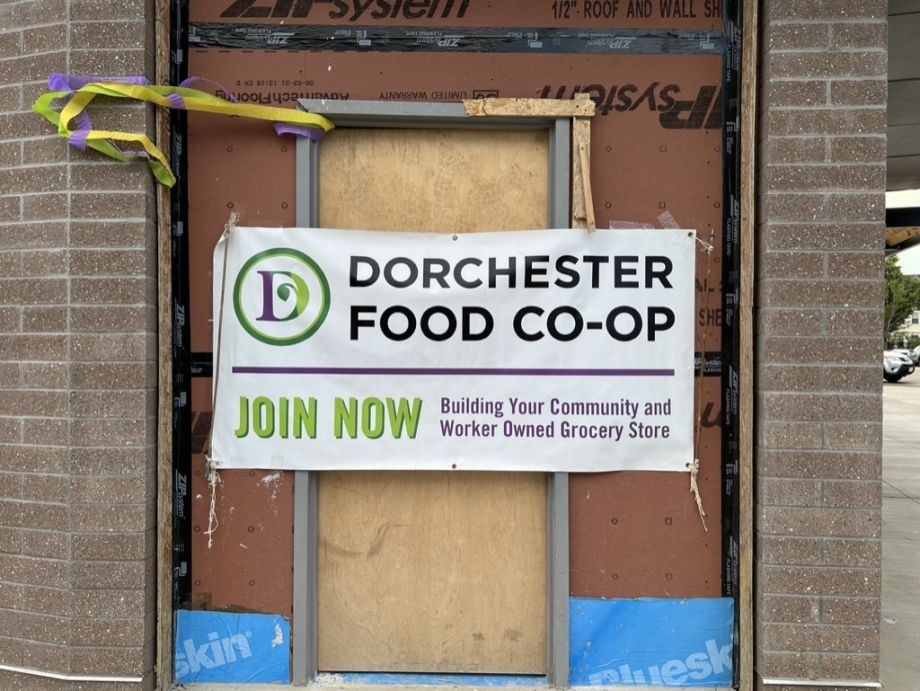
The co-op will be located at the corner of Bowdoin and Topliff Streets in Boston’s Dorchester neighborhood. (Photo by Oscar Perry Abello)
One of Dorchester Food Co-op’s investors is Robin Saunders, who is also on the board. “It’s all about the messaging,” Saunders says. “It’s about what makes a food co-op different from corporate supermarkets or even neighborhood supermarkets, the mission and the values and the purpose of the co-op. Economic development in a community of color is also on people’s radar.”
Dorchester Food Co-op expects to return at least some of those dollars to investors some day, assuming it lasts long enough to do so. Over the past several years, several other community-owned co-ops have emerged with much excitement in historically Black neighborhoods, only to close their doors within three years of opening — Wirth Co-op in Minneapolis, Renaissance Community Co-op in Greensboro, North Carolina.
“We’re learning from [those failed examples],” Silverman says. “We know marketing is a crucial piece. Some co-ops have scrimped on marketing. People need to know that you’re there but it’s hard for people to change their habits.”
At the groundbreaking last week, Boston At-Large Council Member Julia Mejia, herself a member of the co-op, got emotional as she talked about growing up in Dorchester, where she said the bus dropped her off every day at the corner of Bowdoin and Topliff. She talked about the indignity of city welfare agencies handing out unhealthy food to families like hers, expecting recipients to be grateful that they got anything at all.
“So to stand here today to stand here in celebration of something that we own, that we grew, that we built, is a restorative justice moment,” Mejia said last week. “We did that. Y’all did that. If y’all can do this, there needs to be a Roxbury co-op, there needs to be a Mattapan co-op, there needs to be co-ops across the city, and you guys have created a model of what that looks like. This is what we need more of, the impact — not just social and emotional but the financial well-being — on our communities, what we’ve been denied for far too long.”
This story has been corrected to reflect that the Dorchester Food Co-op plans to open its doors in the spring of 2023, not this fall. We apologize for the error.
This article is part of The Bottom Line, a series exploring scalable solutions for problems related to affordability, inclusive economic growth and access to capital. Click here to subscribe to our Bottom Line newsletter.

Oscar is Next City's senior economic justice correspondent. He previously served as Next City’s editor from 2018-2019, and was a Next City Equitable Cities Fellow from 2015-2016. Since 2011, Oscar has covered community development finance, community banking, impact investing, economic development, housing and more for media outlets such as Shelterforce, B Magazine, Impact Alpha and Fast Company.
Follow Oscar .(JavaScript must be enabled to view this email address)



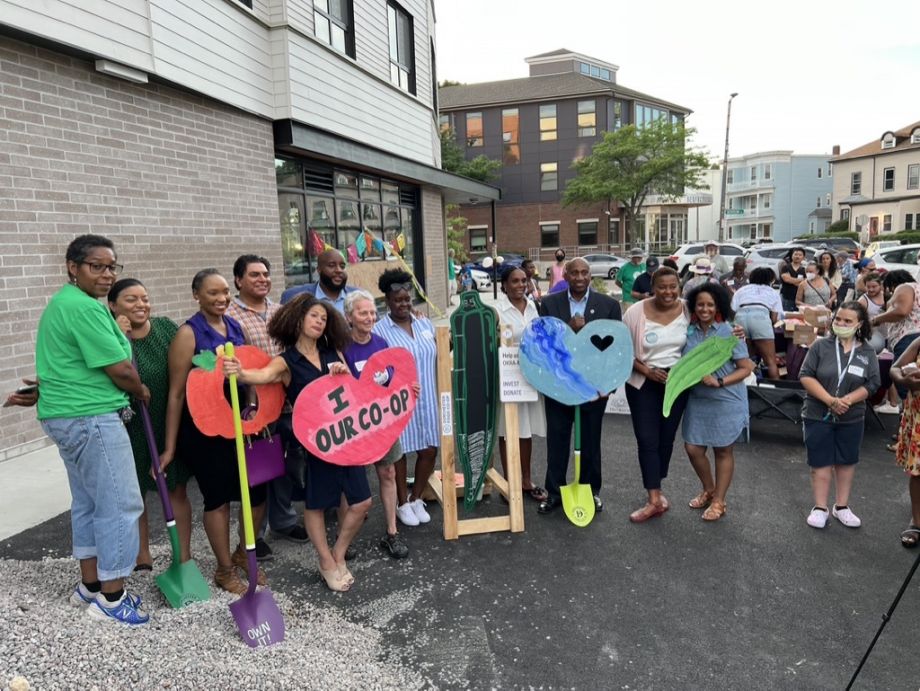



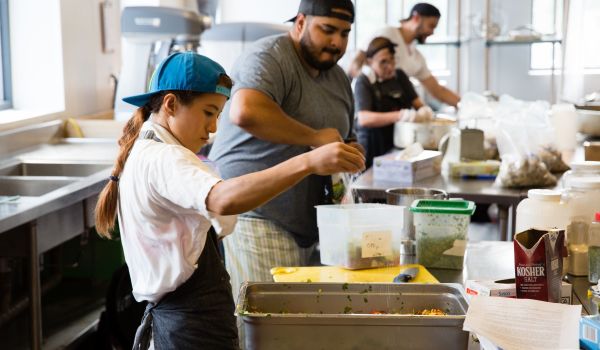
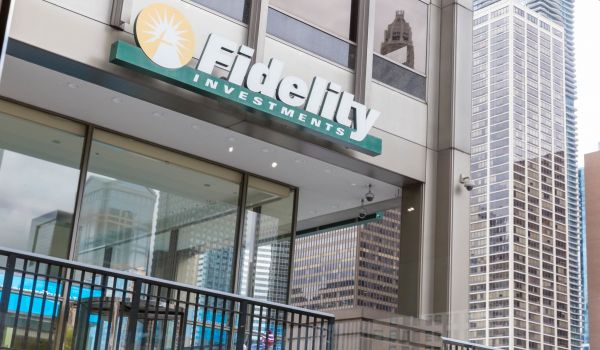
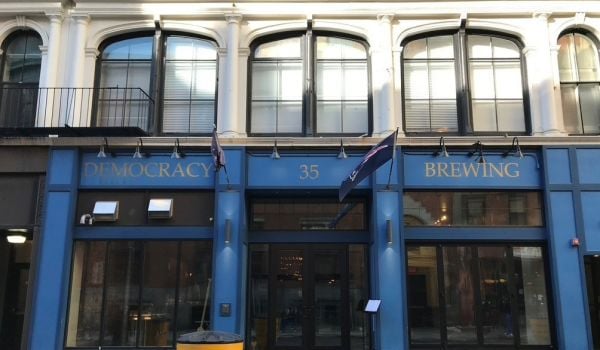

_600_350_80_s_c1.jpg)






